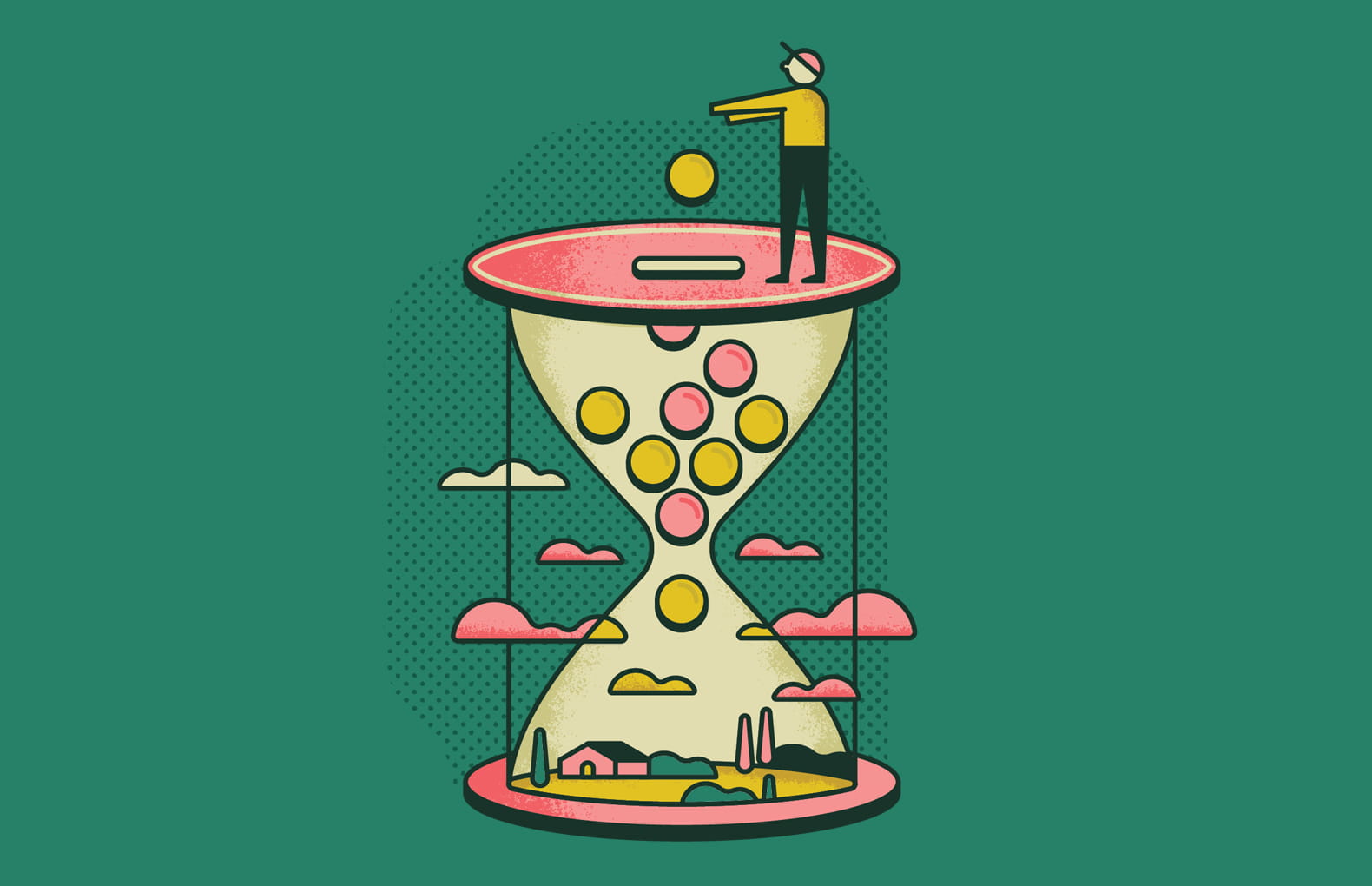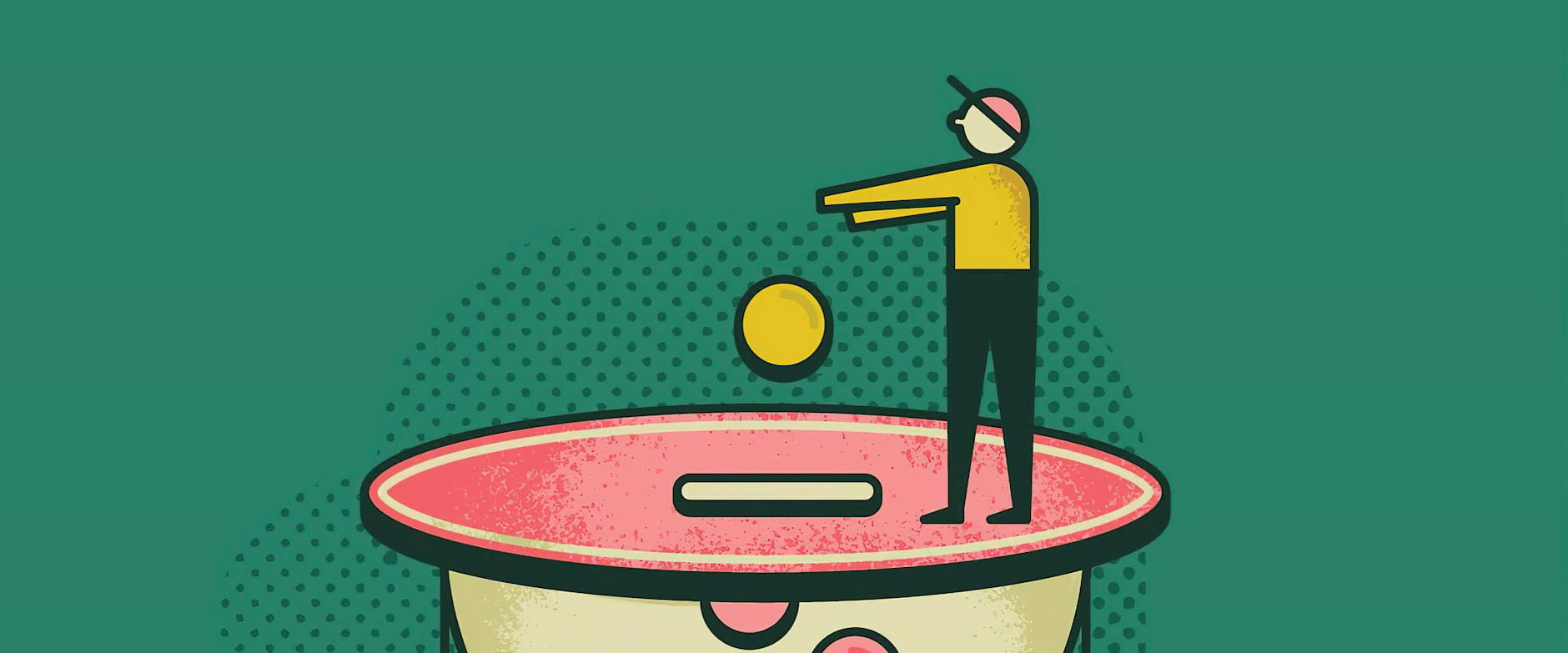Charities that encourage people to donate “just dollars a day” may have the right idea—and more businesses should consider following suit. University of Rhode Island’s Stephen A. Atlas and Chicago Booth’s Daniel Bartels find that framing a cost as a series of small daily expenses makes an offer more tempting—plus people think they’re getting more for their money, whether the outlay is for charity or a purchase.
The researchers established this preference for periodic pricing in a series of experiments that asked participants about charitable donations, car leases, and meal-delivery services.
Donate to a charity
In one experiment, participants read about either donating $1 a day or making an annual donation of $350 to a charity helping underprivileged people. They were more likely to want to donate when the amount was framed as a per-day cost, and they were more likely to say they’d derive greater pleasure from the donation.

Start a subscription
Results of another experiment suggest that the effect held for MBA students, who said they were more likely to sign up for newspaper and streaming-music subscriptions when the cost was framed as a small daily amount. And the student participants who chose the periodic-pricing option were happier with their purchases than people who chose to pay a lump sum, even though the lump sum was a better deal in some cases.

Participants who said they would sign up for a subsidized annual subscription
Lease a fancy car
In an experiment involving major transactions, researchers asked participants how likely they would be to lease a luxury car. To some, the researchers pitched the cost as $20 a day (which comes to $7,300 over the course of a year). For others, they framed the lease as an annual payment of $7,250. Again, participants offered the daily price were more likely to say they’d lease the car and derive greater pleasure from it.

Sign up for a meal-delivery service
Finally, the researchers teamed up with a meal-delivery service that agreed to run ads offering services at $16 a day or $99 a month. First-time subscribers bought 77 percent more meals when the service was pitched as a daily expense.

“Our framework and results suggest that periodic pricing can help people appreciate the benefits they accrue from a purchase,” the researchers write. “So, under the right conditions, marketers can encourage purchase with periodic pricing, even for significant sums of money.”
Stephen A. Atlas and Daniel Bartels, “Periodic Pricing and Perceived Contract Benefits,” Journal of Consumer Research, forthcoming.
Your Privacy
We want to demonstrate our commitment to your privacy. Please review Chicago Booth's privacy notice, which provides information explaining how and why we collect particular information when you visit our website.
